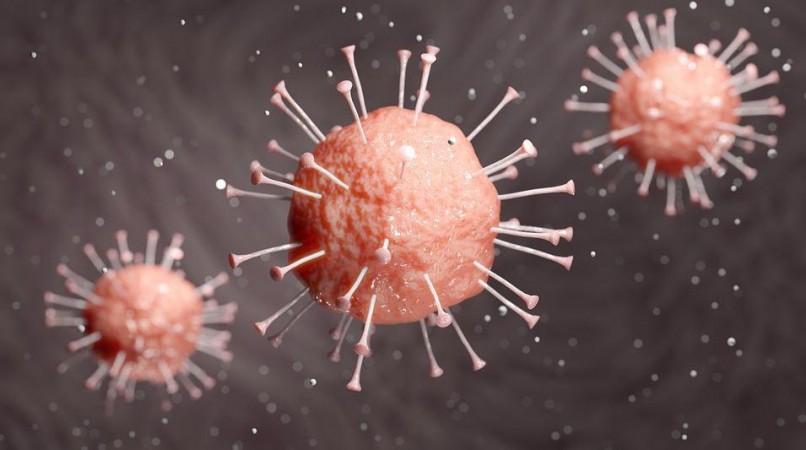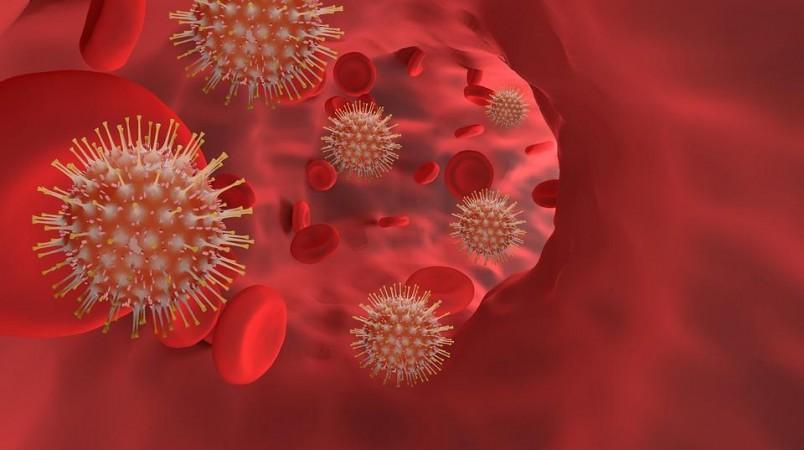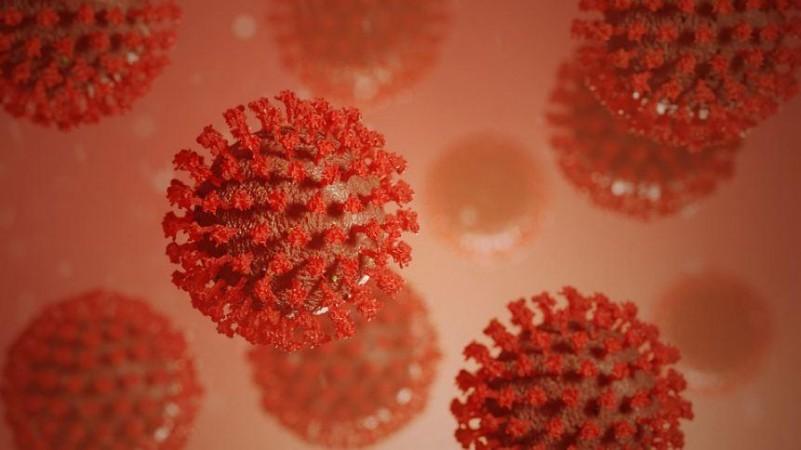The debate of whether one's antibodies can prevent the SARS-CoV-2 virus from infecting their body has been an unsettled one. Also, the question of whether prior infection with COVID-19 can offer protection against multiple variants remains inconclusive. Now, scientists have developed a new system that can measure the ability of an individual's antibodies to block the novel coronavirus and its variants.
Through a new study, researchers have developed a pseudovirus system that can quantify the ability of one's antibodies to neutralize the SARS-CoV-2 virus and its variants—including variants of concern (VOC)—such as Alpha, Delta, and Omicron, and also the Omicron BA.2 variant, in vitro. The new technique utilizes a pseudovirus called the hybrid alphavirus-SARS-CoV-2 (Ha-CoV-2).
"I attempted to make a hybrid alphavirus vector-based pseudovirus for SARS-CoV-2. We hoped to have a more robust and rapid system for screening and measuring antiviral drugs and antibodies. We luckily got it after a few failed attempts," Brian Hetrick, the co-inventor of the system. The findings were published in the journal Cell Reports Methods.
Developing a Pseudovirus

So what is the hybrid alphavirus-SARS-CoV-2 (Ha-CoV-2) pseudovirus? It is a non-replicating SARS-CoV-2 virus-like particle that consists of four viral structural proteins (E, M, N, and S), along with an RNA genome obtained from a fast-expressing alphaviral vector.
According to Dr. Yuntao Wu, the primary investigator of the study, the Ha-CoV-2 system leveraged learnings from the team's prior research on viruses such as Polio and HIV. After having come up with the novel technology in the summer of 2020, the scientists collaborated with researchers from Mason University's Center for Proteomics and Molecular Medicine.
Certified by CAP/CLIA, the lab's saliva testing technique to monitor the spread of the COVID-19 provided the authors with massive amounts of samples that were necessary for the dilution of the serum; helping confirm their method's effectiveness.
Quantifying Protective Ability of Antibodies

The science forming the basis of the method relies on the measurement of the quantities of antibodies in an individual's blood. Here, the concentration of antibodies in the blood—at different levels of dilution—is reviewed in order to ascertain the minimum levels of antibodies at which the virus can be blocked from entering the cell.
By robustly expressing reporter genes in cells within hours, the Ha-CoV-2 system can rapidly measure neutralizing antibodies. It informs about the strength of one's antibodies to neutralize the SARS-CoV-2 or any of its variants such as Alpha, Delta, and Omicron.
The new technology holds promise for large-scale virus monitoring applications. For example, the team was able to comprehend the infectiousness of the Omicron variant—which is 10 times more infectious than the original variant—within the first few weeks of its emergence using their novel method.

"Most of the future baselines will start with protection (including when to get boosters), detection, and treatment against Omicrons. This rapid pseudovirus technology could identify antibody levels and their efficacy to determine if one should need additional protection and could become part of an organization's or person's structured antibody assessment process," stated Dr. Wu.
Informing Crucial Decisions
What makes the findings of the study remarkable is its potential to impact pandemic control strategies. The new method may also help individualise protective actions. "You'd have the peace of mind to know you are physically protected so you should be fine to come to class or to work. Or conversely, based on the antibody levels, if one might not be protected, so a booster would be available to strengthen the antibody response," noted Hetrick.
As of now, there are no acceptable or standard levels of neutralizing antibodies, and there are no approved kits to quantitatively measure neutralizing antibody levels in the blood. Currently, the authors and their collaborators are employing the technology to estimate neutralizing antibodies from immune-compromised individuals post-vaccination. Through this endeavor, they hope to obtain comprehensive data that may aid in making informed decisions about the need for booster doses.










